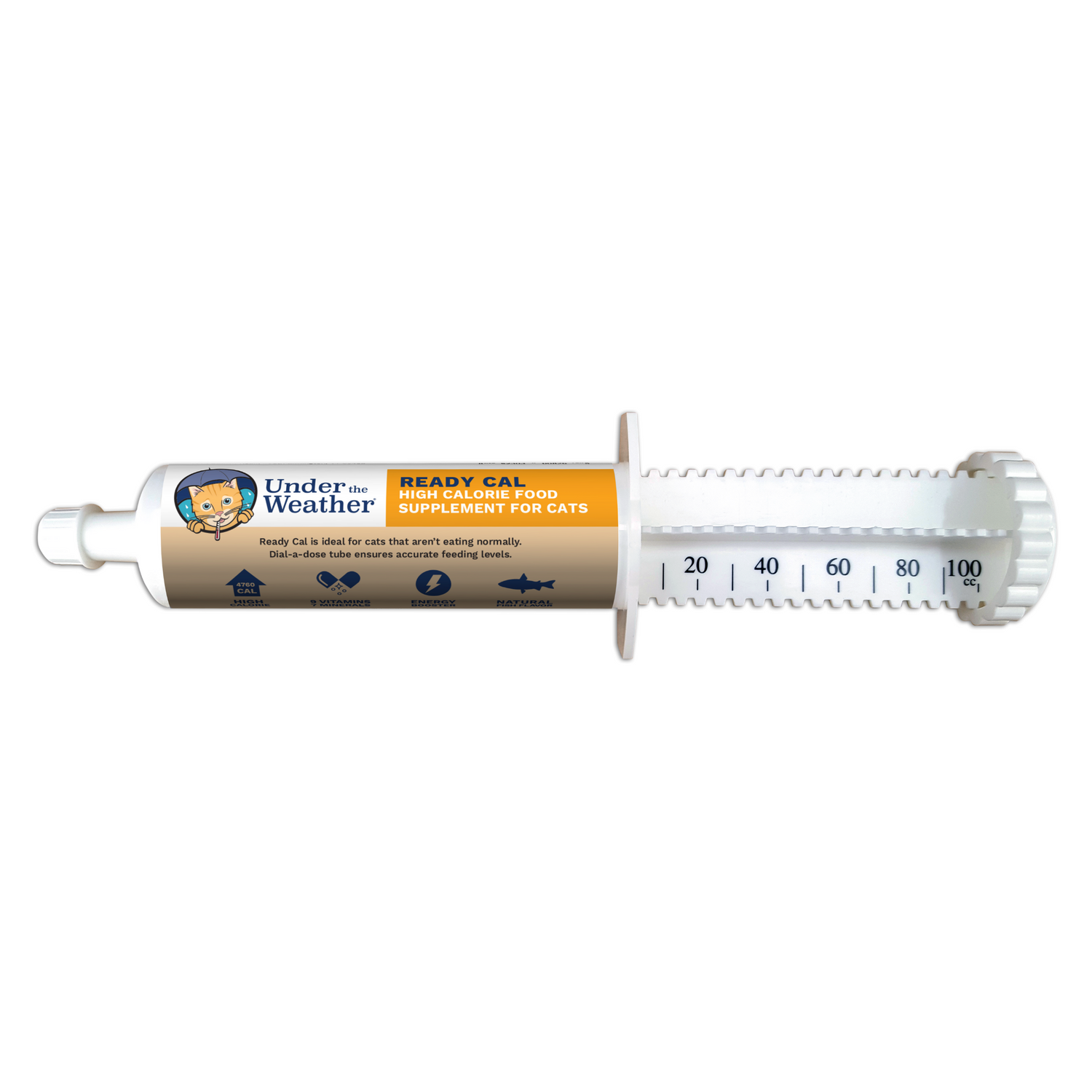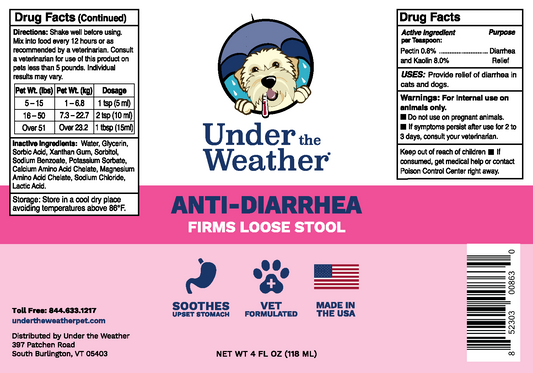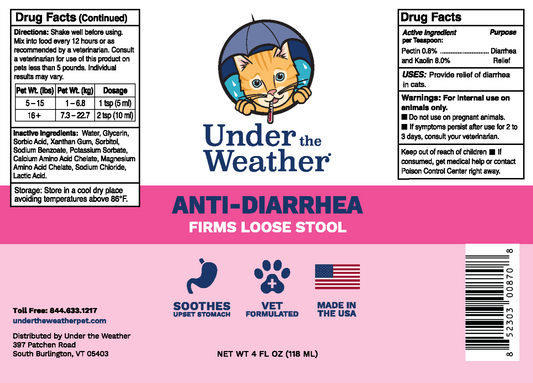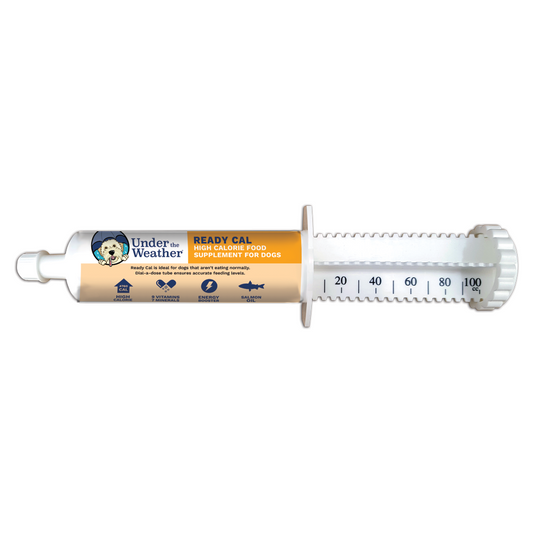In this article, we will discuss IVDD (Intervertebral Disc Disease) in French Bulldogs with the help of the dog-loving crew at Under The Weather, including recognizing the signs and seeking appropriate care. IVDD is a common spinal condition that affects the intervertebral discs, causing pain and mobility issues. Understanding the signs and seeking early detection and treatment can greatly improve the prognosis for affected dogs.

Understanding IVDD: An Overview
IVDD, or Intervertebral Disc Disease, is a spinal condition that affects the intervertebral discs. These discs act as cushions between the vertebrae, providing flexibility and shock absorption to the spine. In French Bulldogs, IVDD can occur when the discs degenerate or become herniated, which can lead to compression of the spinal cord or nerve roots.
What is IVDD?
IVDD is a degenerative condition that primarily affects the intervertebral discs of the spine. It can cause pain, difficulty walking, and in severe cases, paralysis. The severity of IVDD can vary from mild discomfort to complete loss of motor function in the affected areas.
How Common is IVDD in French Bulldogs?
IVDD is relatively common in French Bulldogs, as they are a brachycephalic breed with a genetic predisposition to the condition. French Bulldogs have a unique spinal structure that makes them more prone to disc degeneration and herniation. French Bulldog owners must be aware of the signs and seek appropriate care to ensure the best possible outcome for their beloved pets.
When it comes to IVDD in French Bulldogs, it is crucial to understand that early detection and intervention play a significant role in managing the condition. Regular check-ups with a veterinarian can help identify any potential issues before they become more severe. Additionally, maintaining a healthy weight and providing regular exercise can help support the overall spinal health of French Bulldogs.
It is also important to note that IVDD can manifest differently in each affected dog. Some French Bulldogs may only experience mild discomfort, while others may exhibit more severe symptoms. This variation in symptoms highlights the importance of individualized care and treatment plans tailored to each dog's specific needs.
Recognizing the Signs of IVDD in French Bulldogs
Physical Symptoms to Look Out For
Recognizing the physical symptoms of IVDD is crucial for early detection and intervention. French Bulldogs are particularly prone to this condition, which affects the spinal discs and can lead to pain and mobility issues. Some common signs to watch for include:
- Difficulty walking or standing: If your French Bulldog is struggling to move or seems unsteady on their feet, it could be a sign of IVDD. They may appear wobbly or have trouble maintaining their balance.
- Lameness or weakness in the limbs: IVDD can cause weakness or even paralysis in the legs. Your French Bulldog may drag their hind legs or have difficulty using them altogether.
- Pain or sensitivity along the spine: If your French Bulldog reacts negatively when you touch or manipulate their back, it could indicate spinal pain associated with IVDD.
- Loss of bladder or bowel control: In severe cases of IVDD, French Bulldogs may experience a loss of control over their bladder or bowels. This can be a distressing symptom for both the dog and their owner.
If you notice any of these symptoms in your French Bulldog, it is important to consult a veterinarian for a thorough examination and proper diagnosis. Early intervention can greatly improve the outcome and quality of life for dogs with IVDD.
Behavioral Changes Indicating IVDD
IVDD can also manifest in behavioral changes in affected French Bulldogs. While these changes may be less obvious than physical symptoms, they should not be ignored. Some behavioral signs to be aware of include:
- Increased irritability or aggression: If your usually friendly and calm French Bulldog becomes easily agitated or displays uncharacteristic aggression, it could be a result of IVDD-related discomfort.
- Reluctance to jump or climb stairs: French Bulldogs with IVDD may exhibit a hesitancy to engage in activities that require jumping or climbing stairs. They may avoid these movements altogether or show signs of pain when attempting them.
- Avoidance of certain movements or activities: Pay attention to any changes in your French Bulldog's activity level or preferences. They may start avoiding certain movements or activities that were previously enjoyable, such as playing fetch or going for long walks.
If you observe any of these behavioral changes in your French Bulldog, it is essential to seek veterinary care to rule out IVDD or any other underlying health issues. A professional evaluation can help determine the cause of these changes and ensure appropriate treatment is provided.
Remember, early detection and intervention are key when it comes to IVDD. By being vigilant and proactive, you can help your French Bulldog maintain a happy and healthy life.
The Importance of Early Detection
How Early Detection Can Improve Prognosis
Early detection plays a critical role in the prognosis of IVDD (Intervertebral Disc Disease) in French Bulldogs. Recognizing the signs and seeking prompt veterinary care can lead to early intervention and better outcomes. Treatment options are more effective in the early stages of the disease, and early detection can help prevent further degeneration or complications.
Regular Check-ups and IVDD Screening
Regular check-ups with your veterinarian are essential for the early detection of IVDD. During these visits, your vet will perform a thorough examination, including a neurological assessment, to evaluate the health of your French Bulldog's spine. Additionally, early screening tests, such as X-rays or MRI scans, can detect any early signs of disc degeneration or herniation.
Let's delve deeper into the importance of early detection and how it can positively impact your French Bulldog's health. Early detection allows for timely intervention, which can significantly improve the prognosis of IVDD. When the disease is detected early, treatment options such as medication, physical therapy, supplements, and surgery can be implemented promptly. These interventions can help alleviate pain, reduce inflammation, and prevent further damage to the spinal cord.
Moreover, early detection not only improves the effectiveness of treatment but also minimizes the risk of complications. IVDD can lead to various complications, including paralysis, loss of bladder control, and even loss of limb function. However, by detecting the disease in its early stages, these complications can be prevented or minimized through appropriate management strategies.
In addition to regular check-ups, IVDD screening can be a valuable tool in early detection. Screening tests, such as X-rays or MRI scans, can provide detailed images of the spinal column, allowing veterinarians to identify any signs of disc degeneration or herniation. By conducting these screenings periodically, your veterinarian can monitor the health of your French Bulldog's spine and detect any abnormalities before they progress into more severe conditions.
Early detection is crucial not only for the well-being of your French Bulldog but also for your peace of mind. By staying proactive and vigilant about your pet's health, you can ensure that any potential issues are identified and addressed promptly. Remember, your veterinarian is your partner in maintaining your French Bulldog's health, so don't hesitate to schedule regular check-ups and discuss any concerns you may have.
Seeking Care for Your French Bulldog
When to Consult a Vet
If you suspect that your French Bulldog may be experiencing symptoms of IVDD, it is crucial to consult a veterinarian as soon as possible. Delaying veterinary care can worsen the condition and increase the risk of permanent damage. Your vet will conduct a thorough examination, possibly including diagnostic tests, to confirm the diagnosis and recommend an appropriate treatment plan.
When it comes to your beloved French Bulldog's health, it's always better to err on the side of caution. Even if you're unsure whether your furry friend is showing signs of IVDD, it's worth reaching out to your vet for guidance. They have the expertise to assess your dog's symptoms and determine the best course of action. Remember, early intervention can make a significant difference in your French Bulldog's quality of life.
Treatment Options for IVDD
Treatment options for IVDD may vary depending on the severity and progression of the condition. Some common treatment modalities include:
- Conservative management, including pain management and restricted activity
- Physical therapy and rehabilitation exercises
- Surgical intervention to remove herniated discs or stabilize the spine
Each treatment option has its benefits and considerations, and your veterinarian will carefully evaluate your French Bulldog's condition to determine the most suitable approach. They will take into account factors such as the extent of the disc herniation, your dog's overall health, and their individual needs.
Conservative management is often the first line of treatment for mild cases of IVDD. This approach focuses on pain management and restricting your dog's activity to allow the body to heal naturally. Physical therapy and rehabilitation exercises can also play a crucial role in strengthening the muscles around the affected area and improving mobility. Adding high-quality supplements to support the healing process may also be recommended.
In more severe cases, surgical intervention may be necessary to remove herniated discs or stabilize the spine. This procedure aims to relieve pressure on the spinal cord and prevent further damage. Your veterinarian will discuss the potential risks and benefits of surgery with you, helping you make an informed decision about the best course of action for your furry companion.
Remember, every French Bulldog is unique, and their treatment plan should be tailored to their specific needs. Your veterinarian will work closely with you to develop a comprehensive treatment strategy that prioritizes your dog's well-being and maximizes their chances of a full recovery.

Living with IVDD: Management and Support
Home Care Tips for Dogs with IVDD
Providing appropriate home care is crucial for dogs with IVDD. Consider implementing these tips to support your French Bulldog's recovery and overall well-being:
- Provide a comfortable and supportive bed or crate
- Ensure your French Bulldog is on a balanced and nutritious diet
- Take measures to prevent falls or jumping from heights
- Follow your veterinarian's instructions for exercise and activity restrictions
These home care tips, coupled with veterinary guidance, can help minimize pain and promote a better quality of life for your French Bulldog.
Long-term Management of IVDD in French Bulldogs
Managing IVDD in French Bulldogs is an ongoing process that requires dedication and vigilance. Long-term management may include:
- Regular check-ups with your veterinarian to monitor your French Bulldog's condition
- Physical therapy sessions to maintain muscle strength and flexibility
- Adjustments to your French Bulldog's lifestyle, such as avoiding activities that may exacerbate the condition
By incorporating these strategies into your French Bulldog's routine, you can help minimize the impact of IVDD and provide a higher quality of life for your beloved pet.
In conclusion, recognizing the signs of IVDD in French Bulldogs and seeking appropriate care is crucial for the well-being of your pet. Early detection and intervention can greatly improve the prognosis and prevent further complications. By staying vigilant, seeking veterinary care, and implementing appropriate management strategies, you can ensure that your French Bulldog receives the necessary support and care for a happy and healthy life.
Every Sale Supports a Shelter Pet. Learn More.
Created in Vermont. Learn More.
Written by: Min S. Lee
If you suspect your pet is sick, call your vet immediately. For health-related questions, always consult your veterinarian, as they have examined your pet, know the pet's health history, and can make the best recommendations for your pet.














